At our Think Tanks, we always use the opportunity to ask our network about certain aspects of compound subjects and our work at COMPOUNDS. Please find some insight from our experts.
What do you think about interdisciplinarity?
We asked Prof. Christoph Bläsi, Prof. Chantal Déry & PD. Dr. Steffen Sammler:
What comes into your mind when thinking about compound subjects?
We asked Prof. Maria Helena Esteves & and Prof. Riem Spielhaus:
We meet regularly to exchange ideas, present our latest progress and plan the next steps with our network partners. Learn here more about the COMPOUNDS Think Tanks.
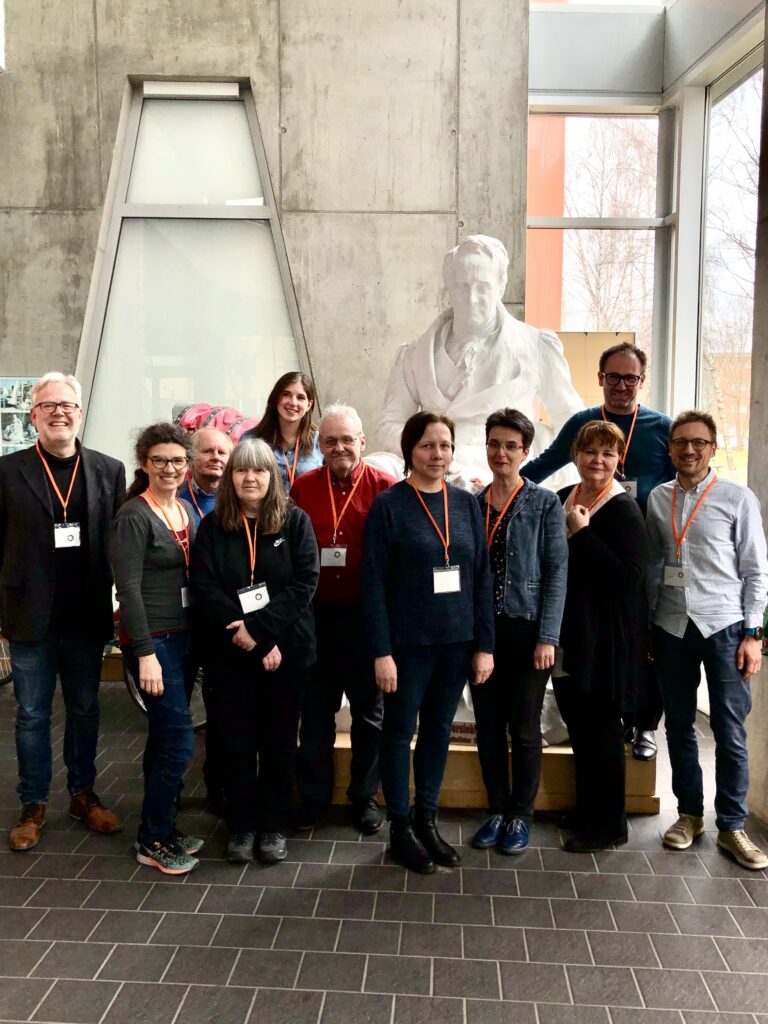
Think Tank 1 (TT1)
Berlin, 01.04 – 04.04. 2023
Follow our updates on social media.
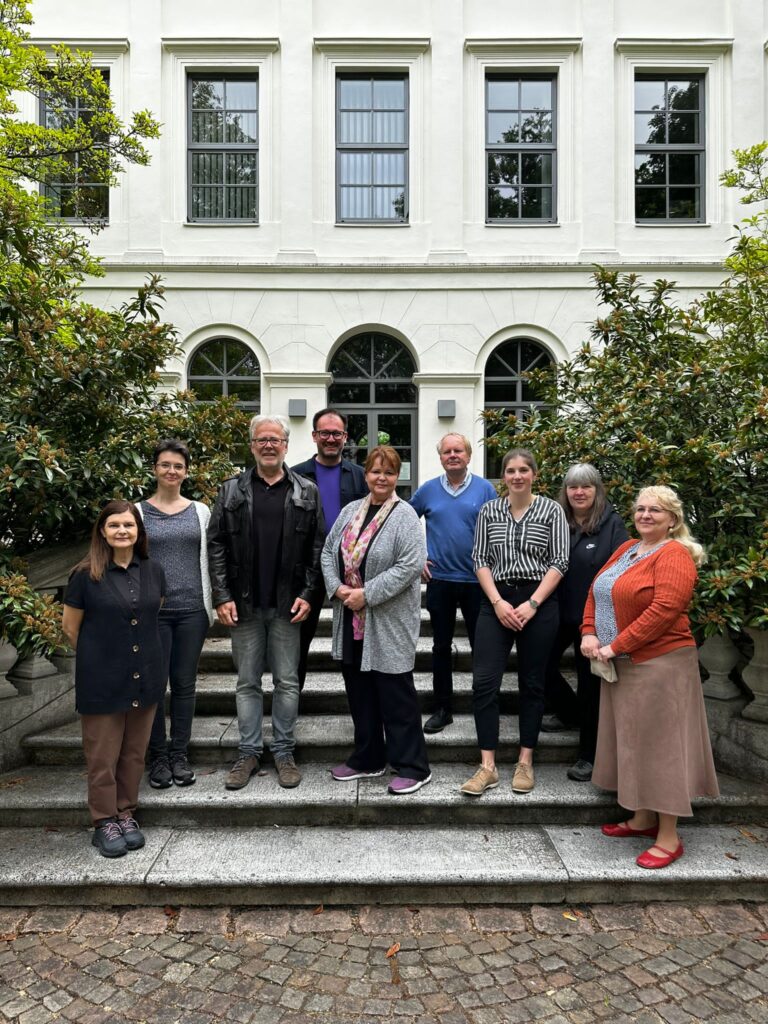
Think Tank 2 (TT2)
Georg-Eckert – Institut Braunschweig
19.05-22.05
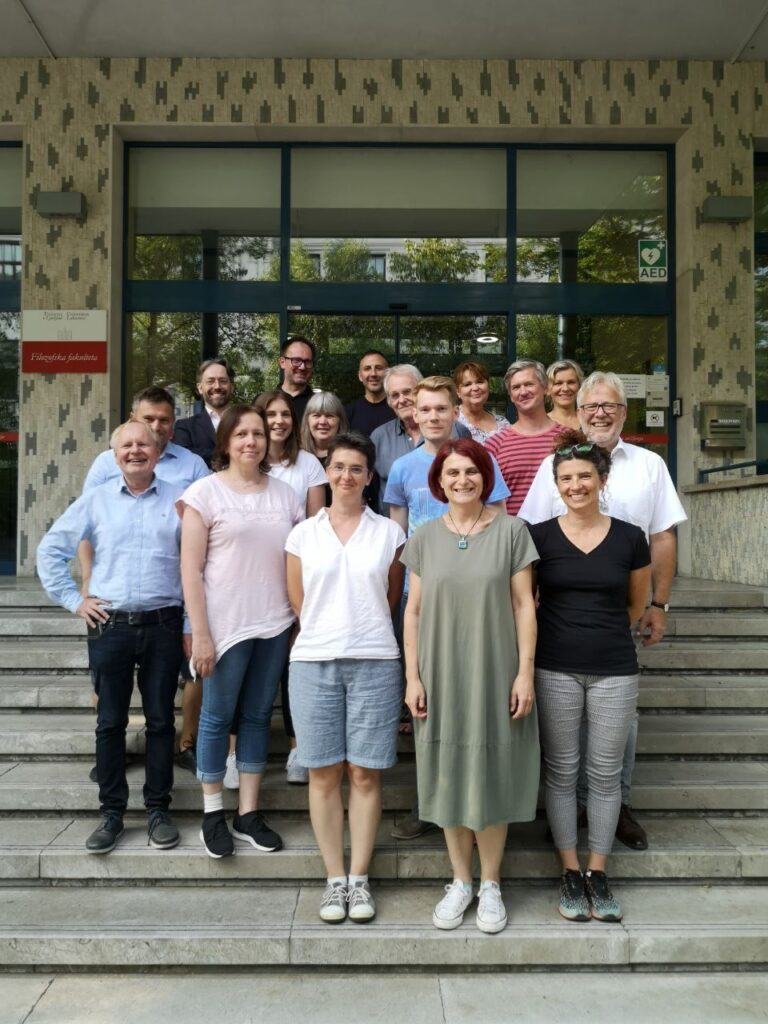
Think Tank 3 (TT3)
Univerza v Ljubljani
Ljubljana, 20.07-24.07
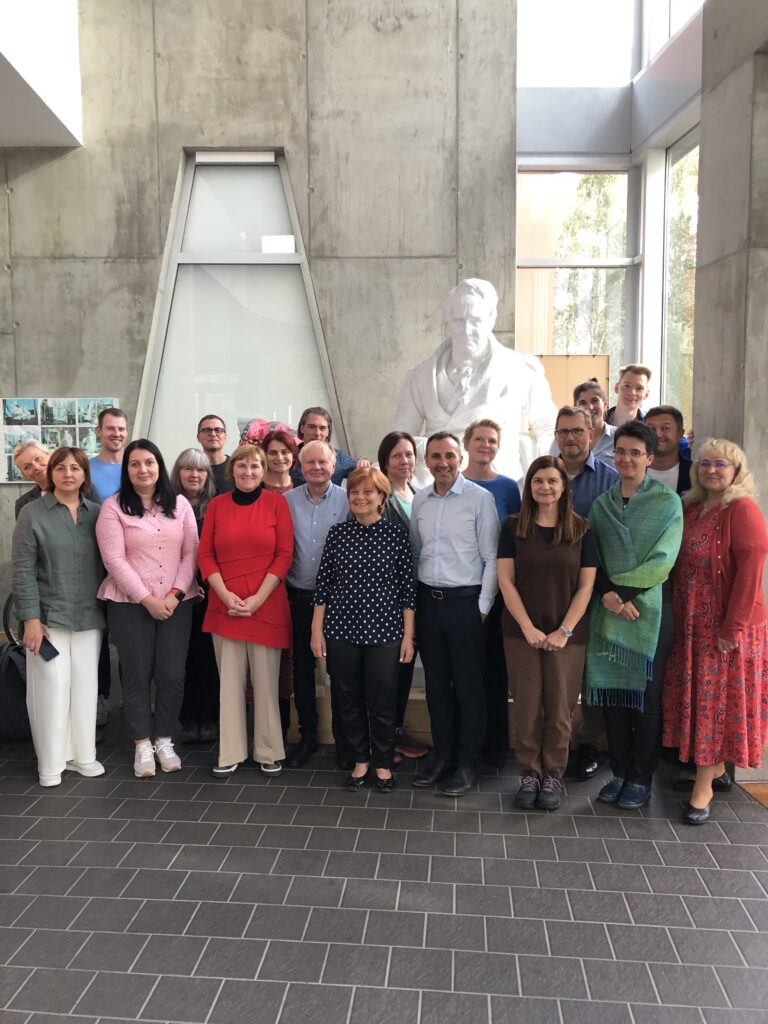
Think Tank 4 (TT4)
Humboldt – Universität zu Berlin
29.09 – 02.10
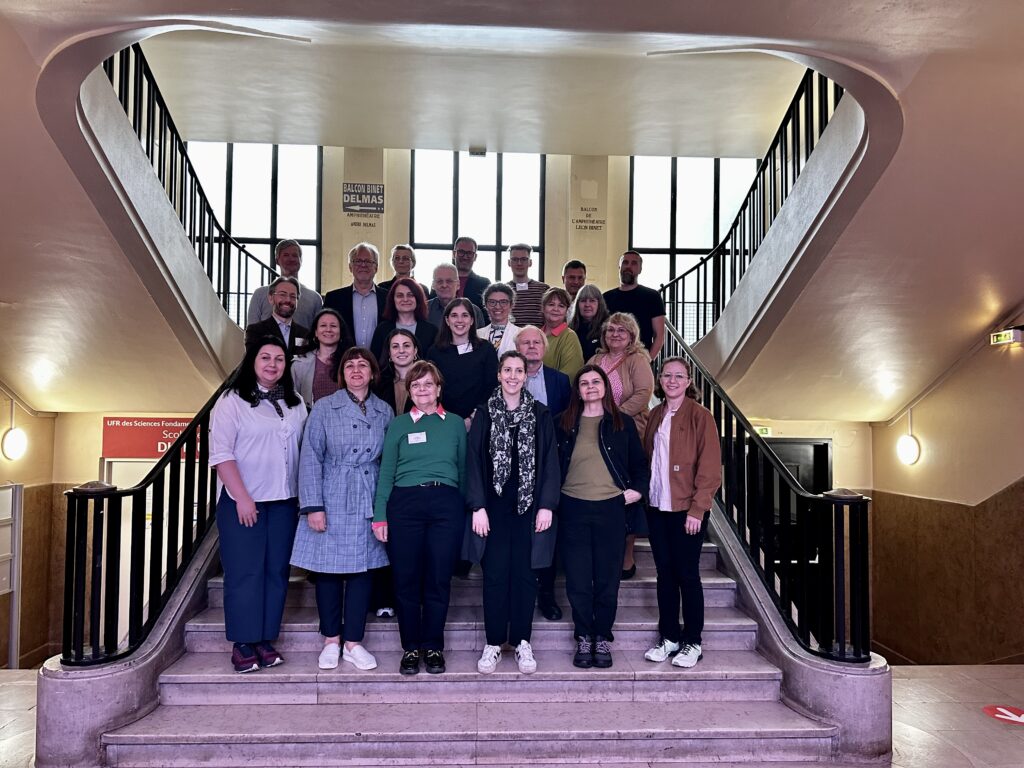
Think Tank 5 (TT5)
Université Paris Cité
27. 05 – 29.05 2024
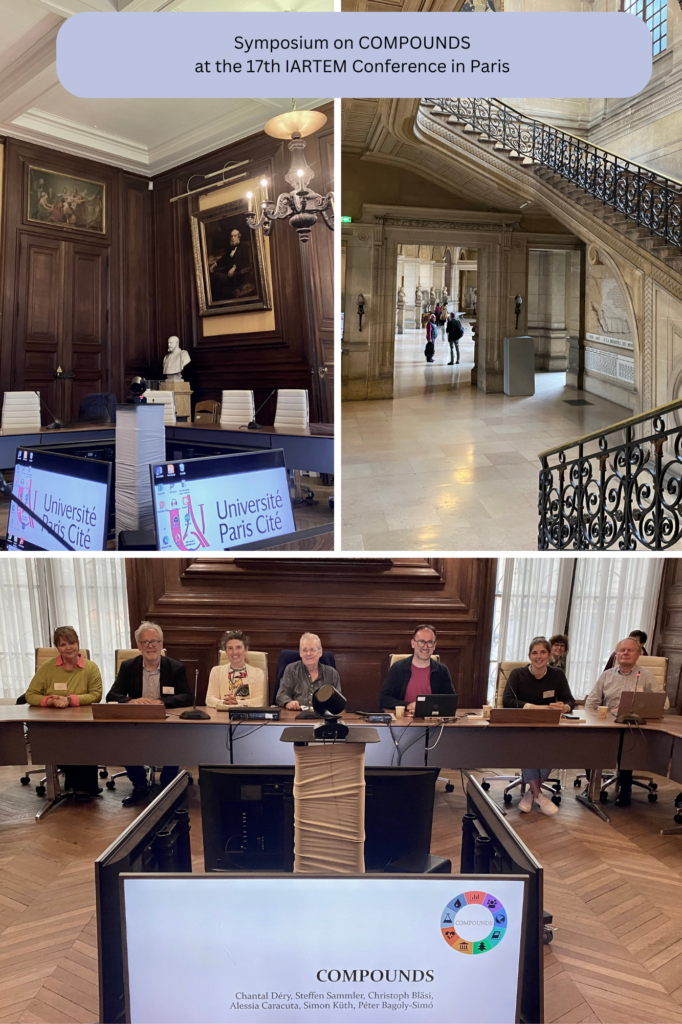
Tatjana Resnik Planinc, Christoph Bläsi, Chantal Déry, Eric Bruillard, Péter Bagoly-Simó, Alessia Caracuta & Steffen Sammler ran a round table discussion on the COMPOUNDS project at the 17th IARTEM Conference in Paris.
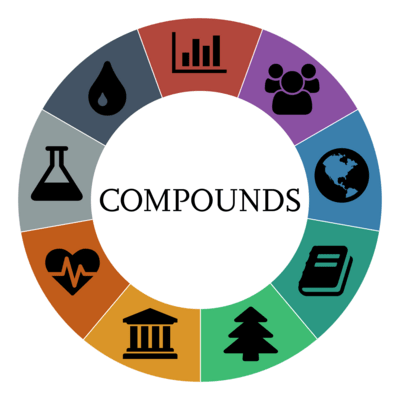
English version below
Dieser Blog gibt einen Einblick in die Arbeit von COMPOUNDS und richtet sich an all diejenigen, die sich für Fachlichkeit, Entfachlichung und Etablierung von gesellschaftswissenschaftlichen Verbundfächern interessieren. COMPOUNDS wird diesen Themen auf unterschiedlichen Ebenen begegnen und dabei Perspektiven unterschiedlicher Stakeholder in den Blick rücken. Neben den Fachdidaktiken, Bildungsmedien, Verlagen und der Schulpädagogik, sollen auch schulische Akteure in das Projekt integriert werden. In diesem Blog möchten wir aktuelle Entwicklungen aus dem Netzwerk und ausgewählte Erkenntnisse aus den Arbeitspaketen teilen.
This blog gives an insight into the work of COMPOUNDS, an interdisciplinary network dedicated to social science school subjects composed of various disciplinary perspectives. At its core are matters connected to subject-specific knowledge in competencies-based education, its representation in curricula and educational media, particularly (digital) textbooks. The network further looks into processes of the educational media publishing industry, keeping the focus on social science compound subjects.
Main contact
Alessia Caracuta
alessia.caracuta@geo.hu-berlin.de
Phone: +49 (0)30 2093 6853
Contact Social Media :
Paul Stephan
stephapt@hu-berlin.de
Phone: +49 (0)30 2093 6828
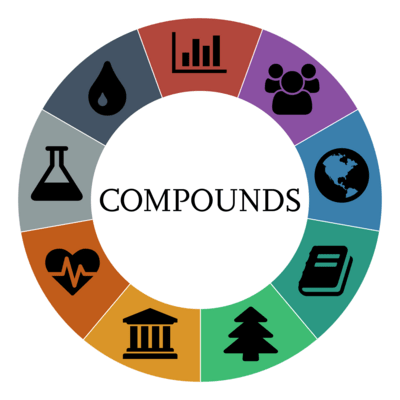
COMPOUNDS-Compound Subjects. A European Network
The introduction of compound (or interdisciplinary) subjects, such as Social Studies or Social Science, is driven, among other things, by the demand to create more holistic opportunities to deal with complex societal change.
However, interdisciplinary school subjects face a range of challenges, such as the interplay between school subjects and academic disciplines (particularly concerning knowledge and content), educational resource design, production, and usage, as well as initial teacher education. Most of these challenges require the exploration of disciplinary approaches based on established Social Science subjects, such as Geography, History, or Civics.
COMPOUNDS aims to establish a European network to tackle many of the above-described challenges and beyond by tapping into one of Europe’s strengths, namely the diversity of education systems, educational media publishing markets, and initial teacher education formats. First and foremost, COMPOUNDS aims to map national and regional discourses in Subject Education, General Education, Educational Media Studies, and Publishing Studies, always keeping its focus on Social Science compound subjects.

COMPOUNDS is funded by: Federal Ministry of Education and Research
Duration: 2021–2024
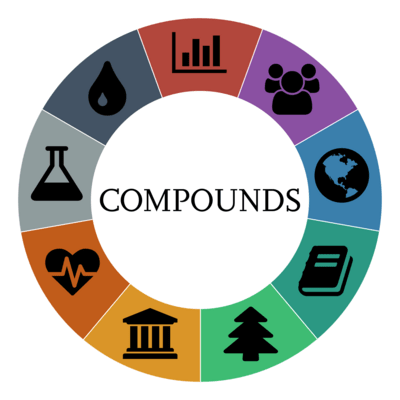
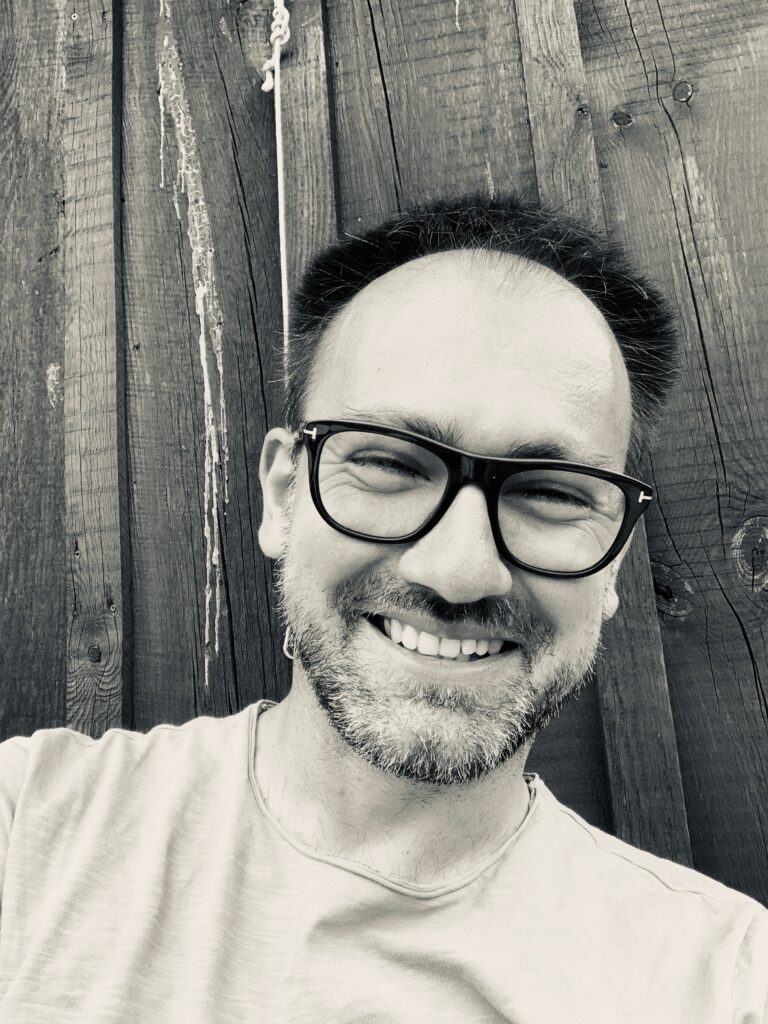
Prof. Dr. Dr. Péter Bagoly-Simó
Project Coordinator
Humboldt-Universität zu Berlin | Geography Education
Work Package 1 Leader: Subject-specificity & compound subjects
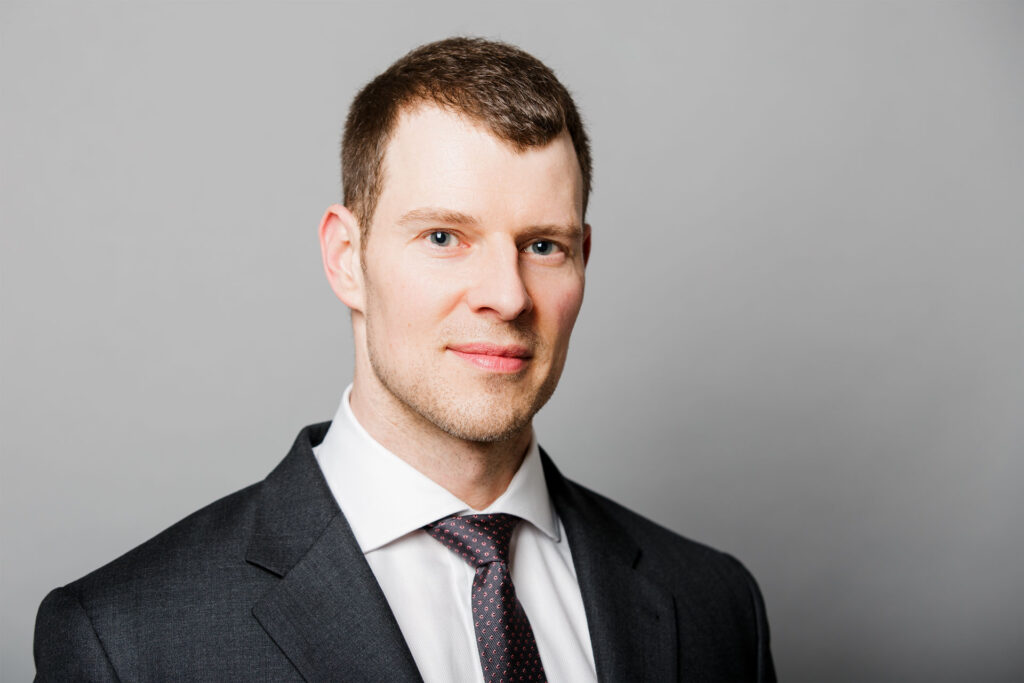
Universität Siegen | School Pedagogy
Work Package 2 Leader: Teaching & Learning in Compound Subjects
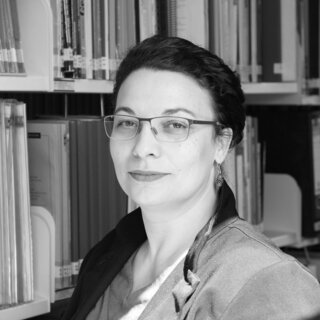
Georg Eckert Institute. Leibniz Institute for Educational Media
Work Package 3 Leader: Educational Media in Compound Subjects
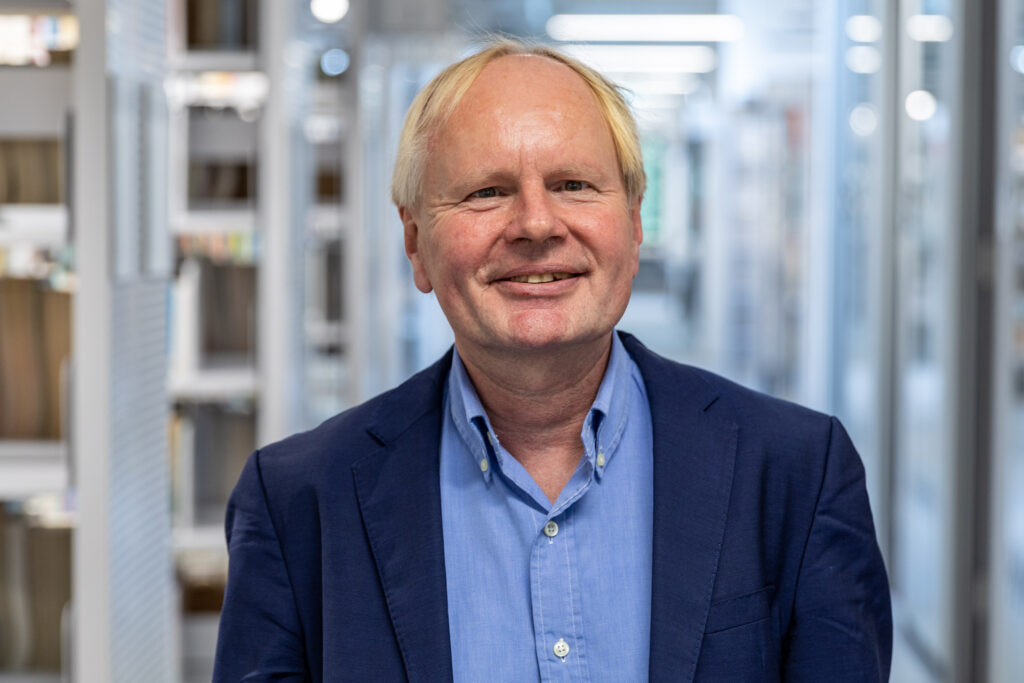
Georg Eckert Institute. Leibniz Institute for Educational Media
Work Package 3 Leader: Educational Media in Compound Subjects
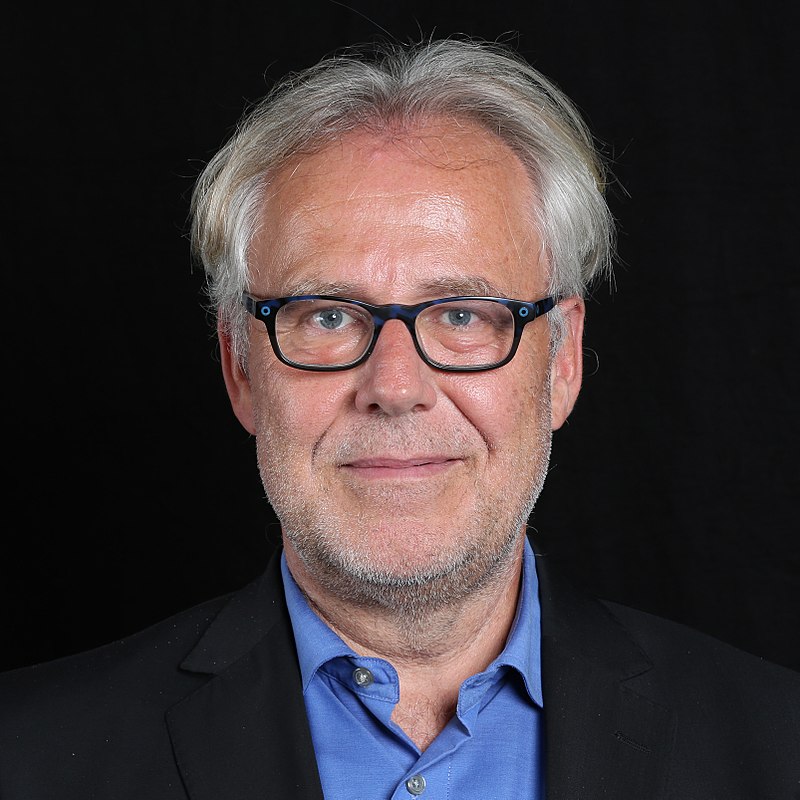
Johannes Gutenberg-Universität Mainz | Book Studies
Work Package 4 Leader: Publishing Houses & Compound Subjects
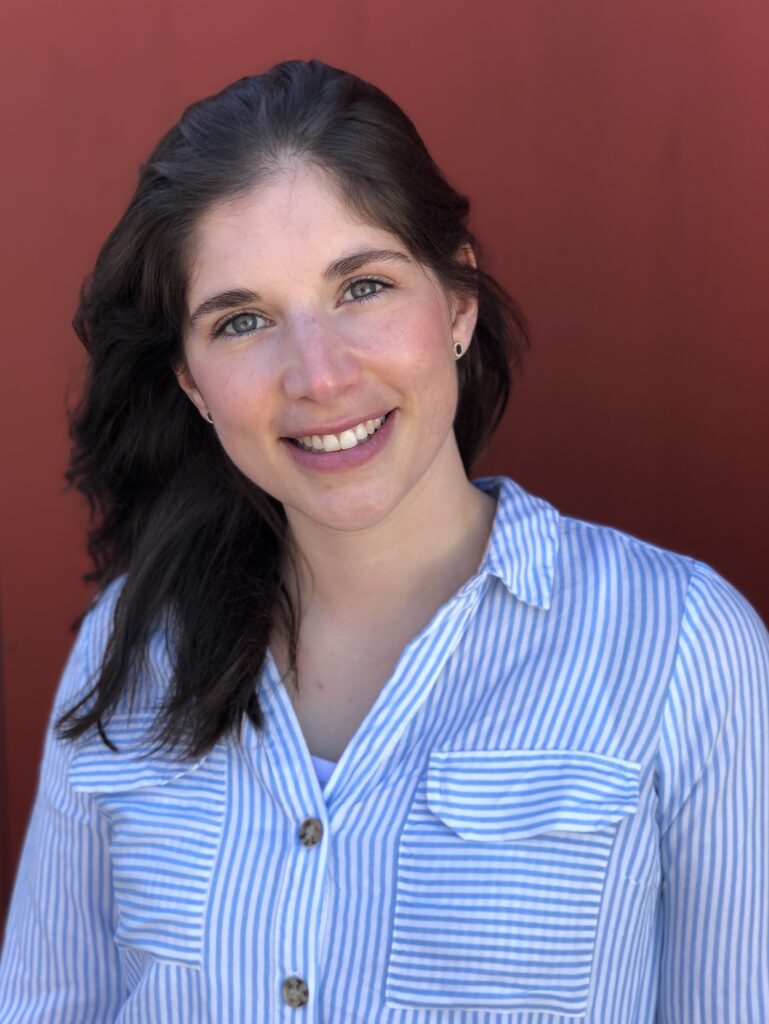
Humboldt-Universität zu Berlin | Geography Education
Work Package 5 Leader: Management
The COMPOUNDS Network in early 2023.
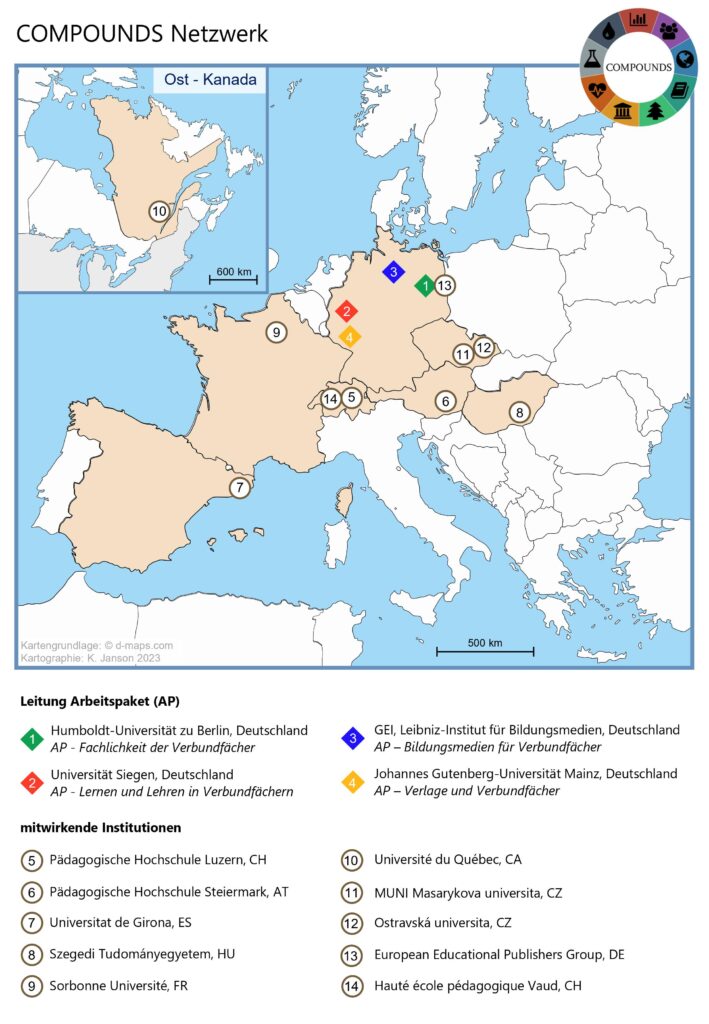
Our network is constantly expanding.
The COMPOUNDS Network in early 2024.
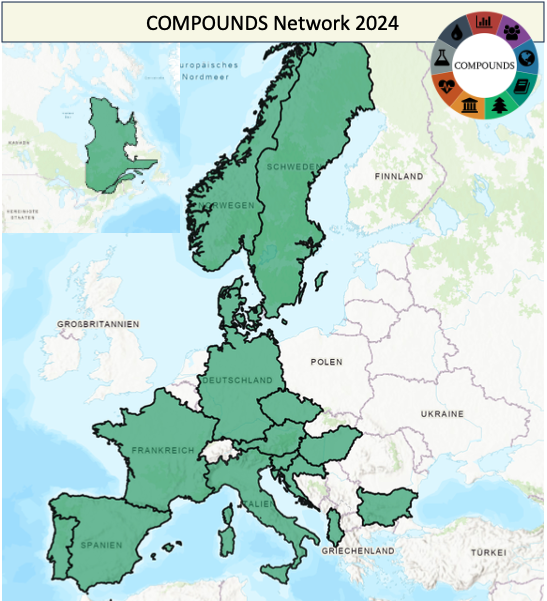
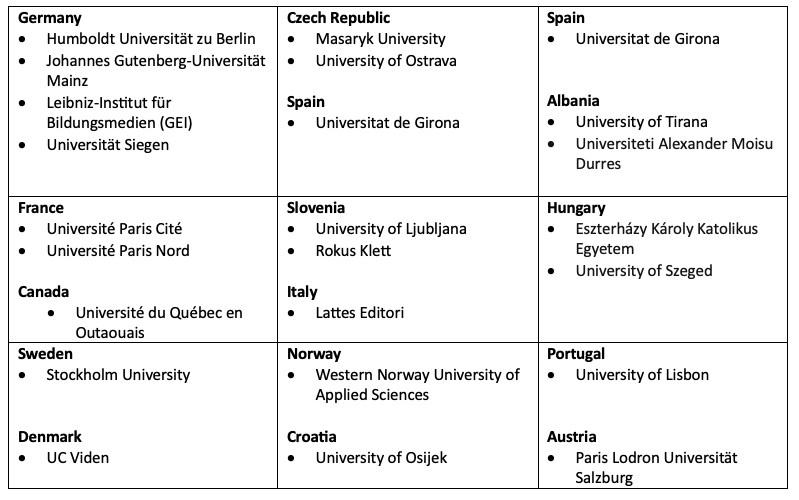
The COMPOUNDS Network

Prof. Dr. Dr. Péter Bagoly-Simó
Germany & Romania
Péter Bagoly-Simó is the Full Professor and Chair of Geography Education at Humboldt-Universität zu Berlin. His areas of expertise are textbooks, educational media, curricula, and subject-specific knowledge–particularly in light of cross-curricular objectives (e.g., Education for Sustainable Development).
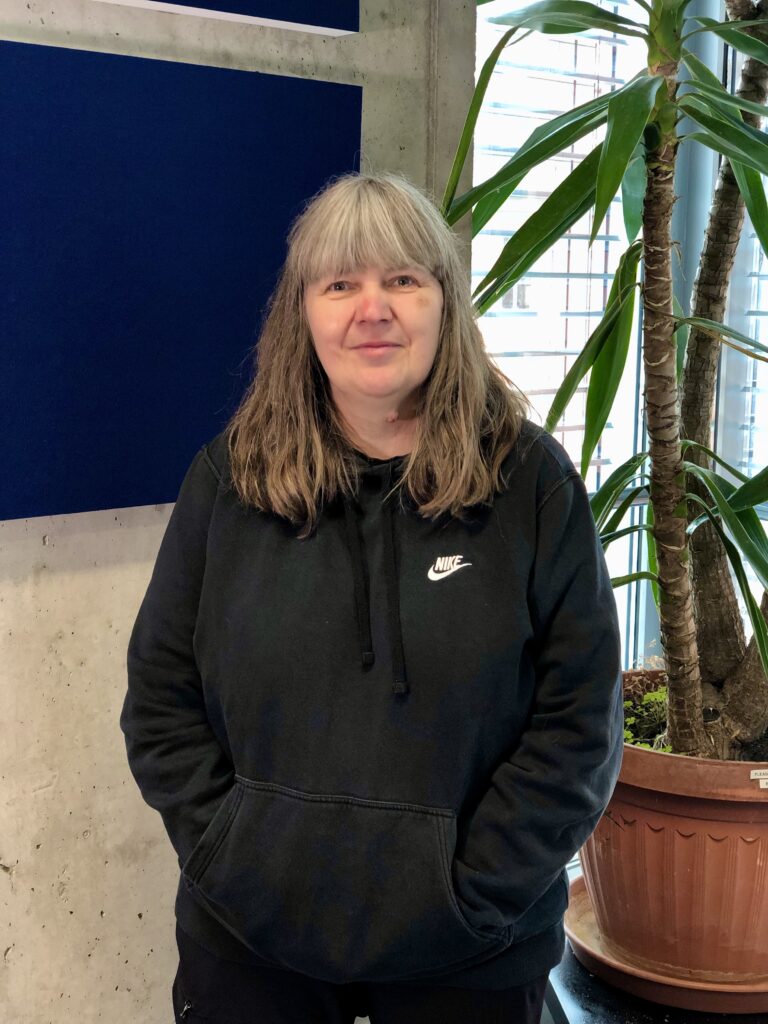
Prof. Dr. Anke Uhlenwinkel
Austria
Anke Uhlenwinkel is a professor for Didactics of Geography and Economics at the Paris Lodron University in Salzburg. Her focus is on argumentation competence, progression and concepts for powerful disciplinary knowledge as well as thematically in the area of gray spaces.
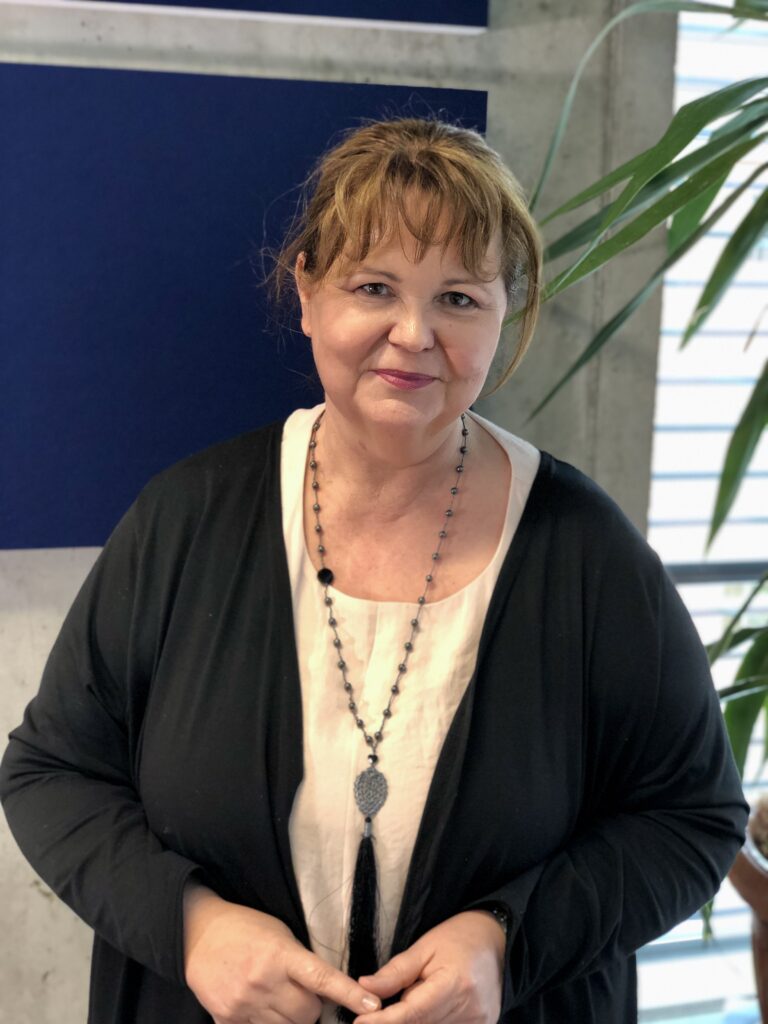
Prof. Dr. Tatjana Resnik Planinc
Slovenia
Prof. Dr. Tatjana Resnik Planinc works full-time at the Department of Geography, Faculty of Arts, University of Ljubljana, where she received her PhD in 2001 in the field of Geography Education. She conducts research in the field of Geography Education and training, focusing on sustainable development, sustainable mobility, the development of values, identity, and digital humanities. She has participated in numerous international and national projects and collaborates extensively in research groups dealing with the development of the national education system and the current renewal of curricula in primary and secondary schools.

Prof. Dr. Daniel Scholl
Germany
Work Package Leader Teaching & Learning
Daniel Scholl is a professor of Education Studies at Siegen University. His research fields are, among others, curriculum studies and teacher professionalism.
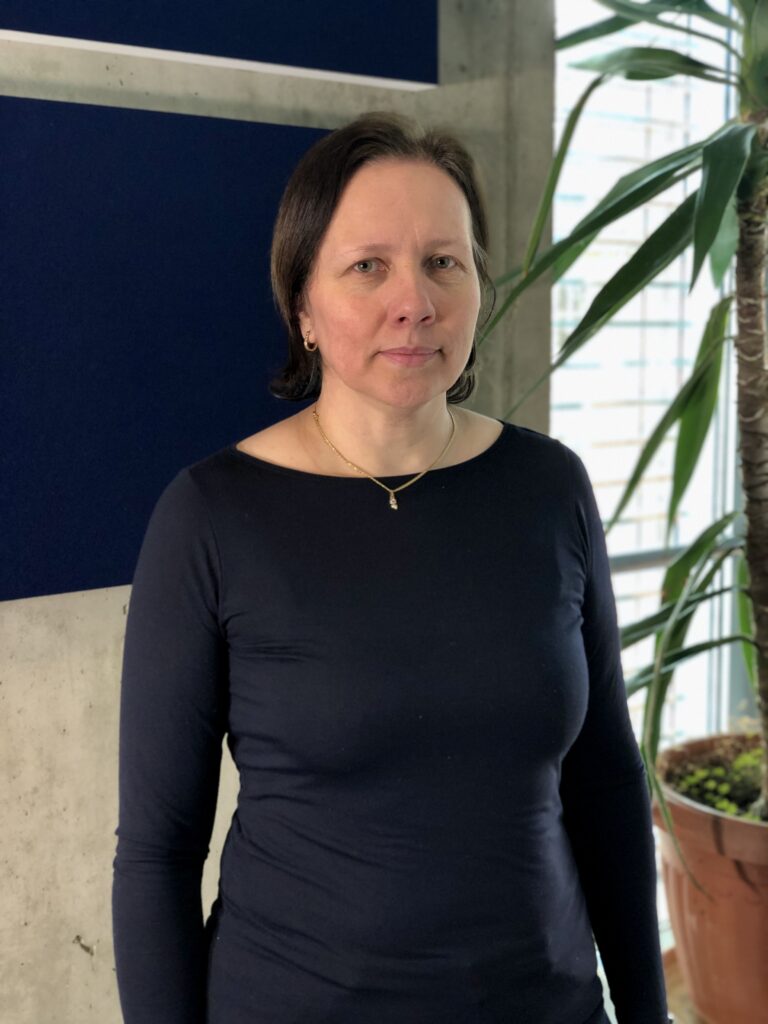
Dr. Erika Homoki
Hungary
Erika Homoki is Head of the Teacher and Kindergarten Training Institute at Eszterházy Károly Catholic University, in Eger. Her PhD dissertation (2016) focused on the relationship of geographical knowledge and skills with everyday life in different social groups. She has been a member of the MTA-SZTE Research Group on Geography Teaching and Learning since 2023. Her fields of interest include environmental education at kindergarten and elementary school levels and complex development of young children’s scientific thinking.
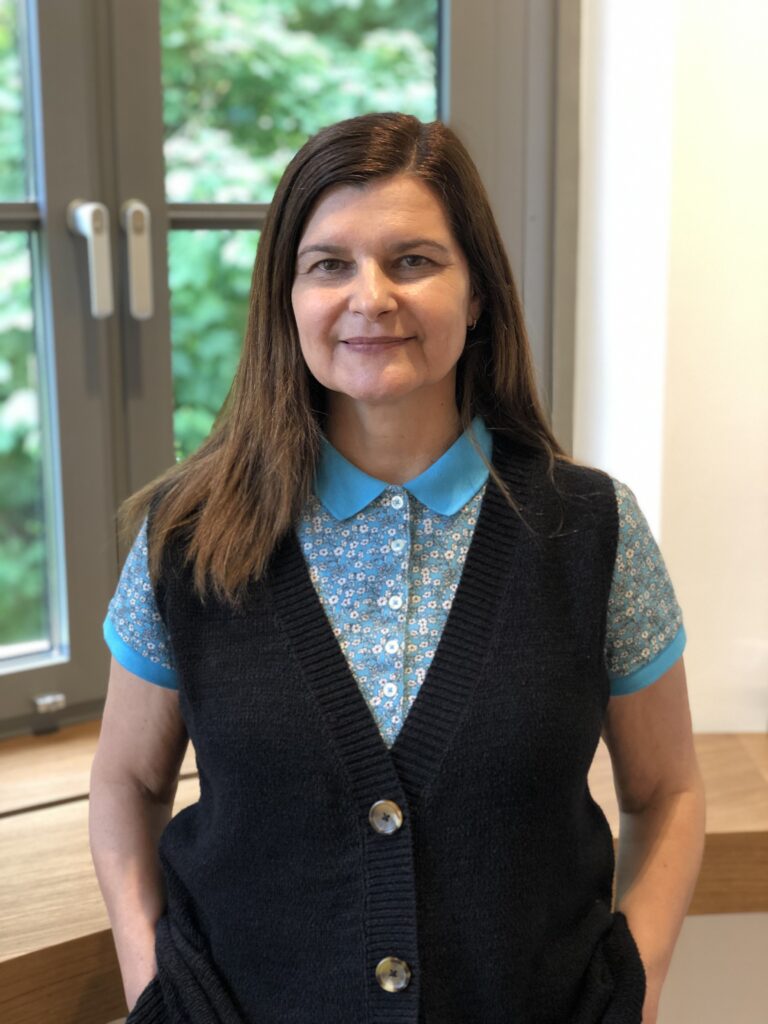
Prof. Dr. Maria Helena Esteves
Portugal
Maria Helena Esteves is a Professor at the Institute of Geography and Territorial Planning of the Universidade de Lisboa. Her areas of expertise are Geography Education, initial teacher education, and urban geography. Her research includes the contribution of Geography Education to citizenship education, research on geography curricula, textbooks and topics related to education for sustainable development.
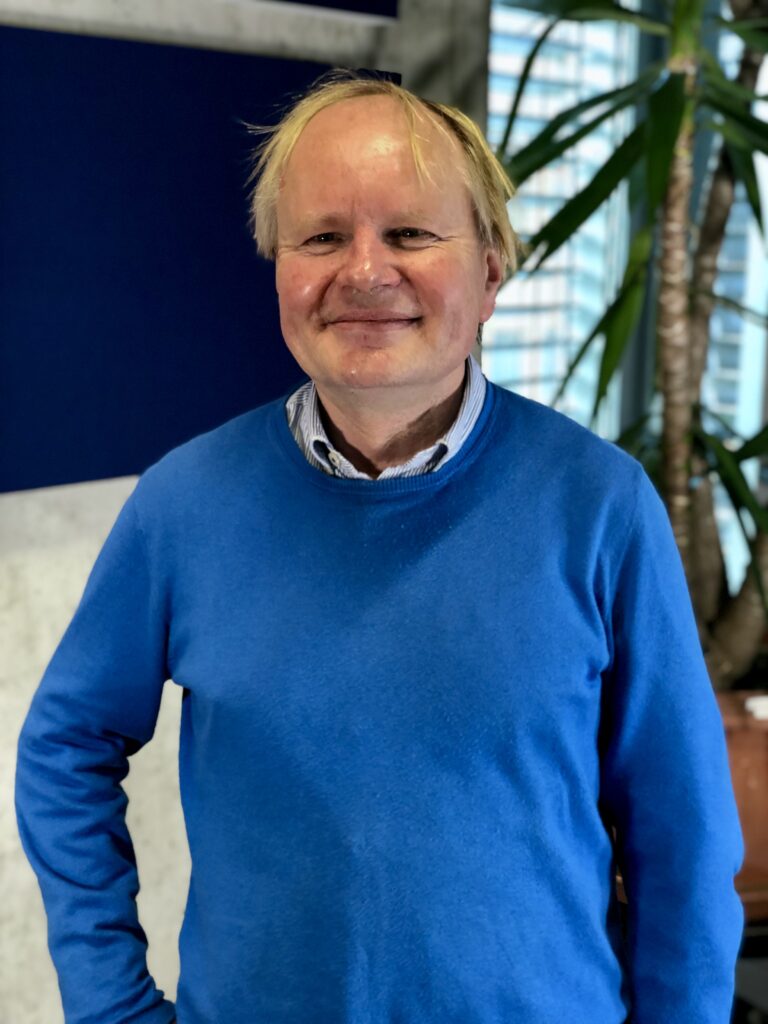
PD Dr. Steffen Sammler
Germany
Work Package Leader Educational Media
Steffen Sammler works at the Department of Knowledge in Transition at Georg Eckert Institute for Educational Media. As of 2016, he has been investigating the development of new teaching material for the Social Studies classroom in a time of changing media and an increasingly open society in the twentieth century within the project ‚New Knowledge in New Media?‘, funded by the MWK Pro Niedersachsen initiative. He studied history and French studies at the Universities of Leipzig, Rouen and at the European University Institute in Florence. He obtained his PhD. in modern history in 1995 with a dissertation about 1789 and the transformation of political culture in France.
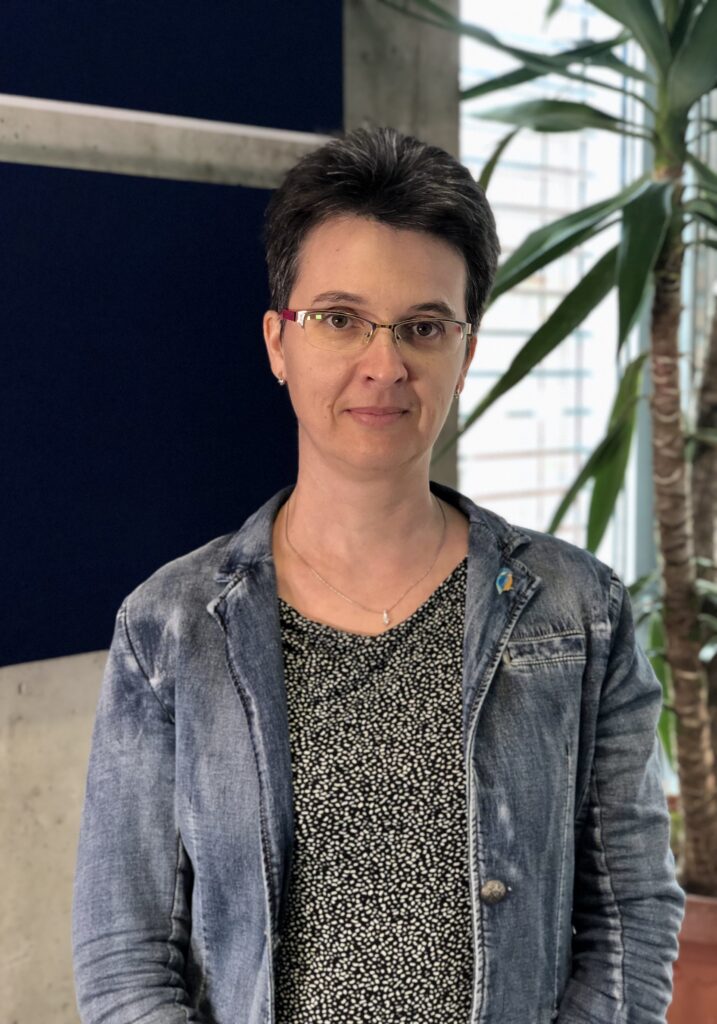
Dr. Anett Kádár
Hungary
Anett Kádár is originally a secondary grammar school teacher of Geography and English as a Foreign Language, currently a lecturer at the Institute of Geography and Earth Sciences, University of Szeged. Her PhD dissertation (2019) focused on primary and secondary school students‘ geographical misconceptions. She has been a member of the MTA-SZTE Research Group on Geography Teaching and Learning since 2017, and as of August 2023, she is the leader of the research group. Her main fields of interest include climate change education, special needs education in Geography, map and spatial skills education, textbook research, and curriculum development.
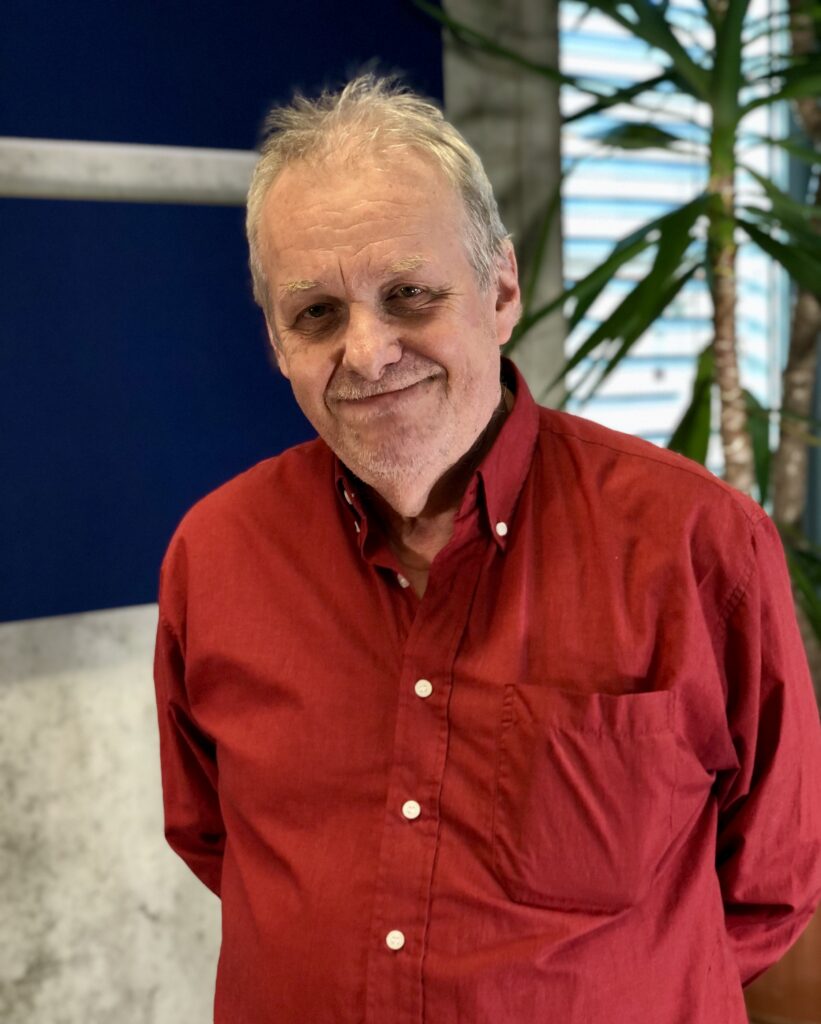
Prof. Dr. Eric Bruillard
France
Details will follow shortly.
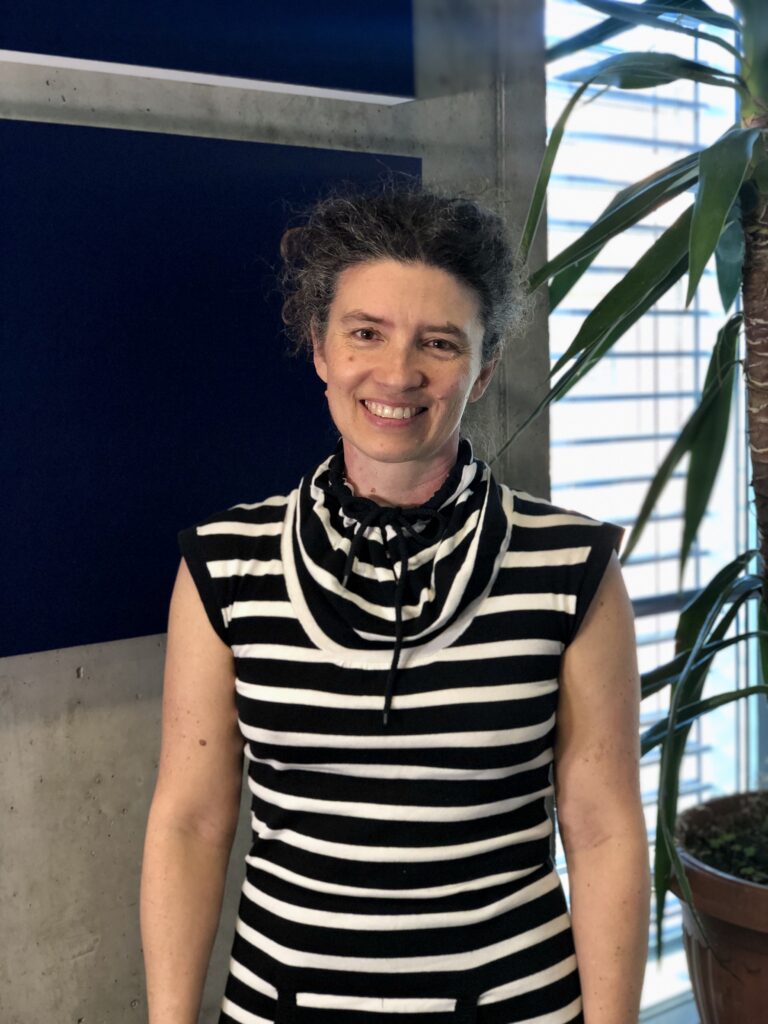
Prof. Dr. Chantal Déry
Canada
Chantal Déry is professor of History and Geography Education at Université du Québec en Outaouais in Canada. Her specializations and research interests include the teaching of social studies at the elementary level, the didactics of geography, the transfer of learning and multi-age classes, and interdisciplinarity teaching and learning. She is president of the Regroupement des géographes du Québec (RGQ) and co-leader of the Canadian Association of Geographers (CAG) study group on geographic education. She is also a member of the RIISQ Network in Québec (Quebec Flood Inter-Sector Network).
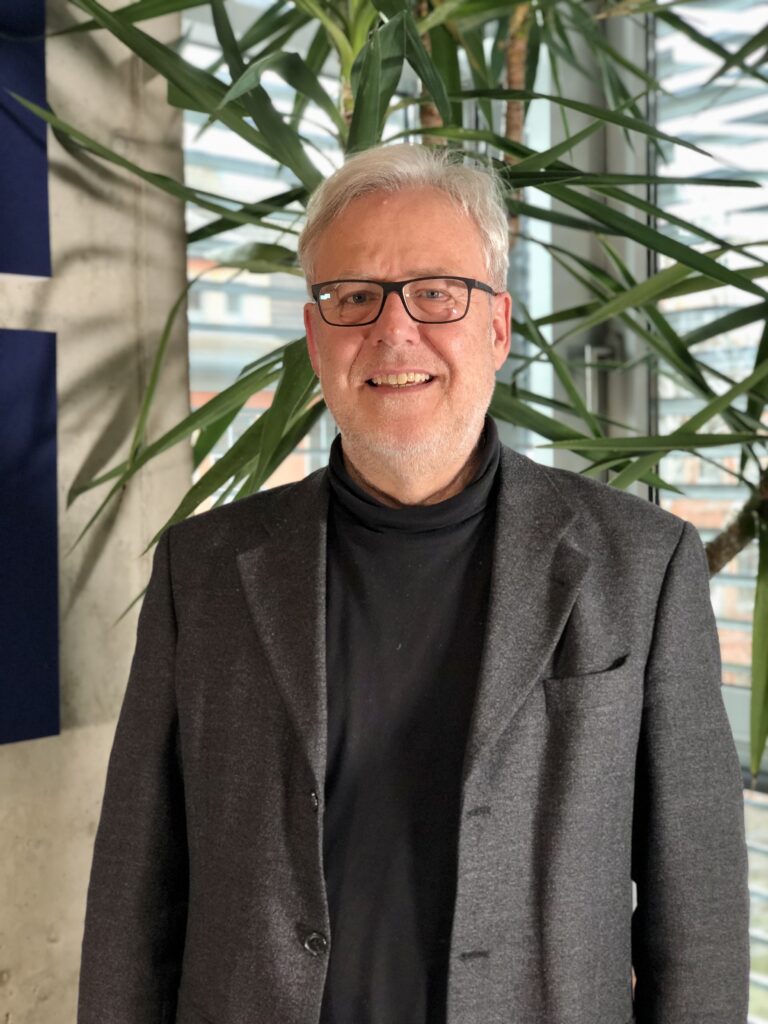
Prof. Dr. Christoph Bläsi
Germany
Work Package Leader Publishing Studies
Christoph Bläsi is a professor for book studies at Johannes Gutenberg University Mainz, Germany (since 2009).
His current research areas include artificial intelligence applications in publishing, (particularly economic aspects of) educational publishing as well as mixed-methods approaches (including digital humanities ones).
In his work package educational media (by publishing houses and other agents) come into focus. For this, school education and eductional media approaches have to be combined with ones from publishing studies, the network or researchers and other stakeholders extended in this direction. Since structures, processes, etc. of educational publishers in general, their particular role between school authorities, authors, teachers, pupils, etc. as well as possibly corresponding theoretical models have to be charted as a sort of a baseline first (even if many questions seem to be unanswered). Research problems with respect to compound subjects materials include the question, which institutions have the agency for those materials, where central ideas for these materials originate and what the workflows inside the publishing houses and with authors, vendors, distributors, etc. are. Moreover, it is interesting to examine, if the products in this particular segment have identifiable features that seperate them from other educatinal material (e.g. with respect to the scale of content reuse, the use of media beyond text or the relevance of the digital) and what the role of competition and risk is in this segment. On the basis of a correspondingly wide literature review, we will try to chart the current discourse and define research tasks to be followed up in the form of projects to be developed by the evolving network.
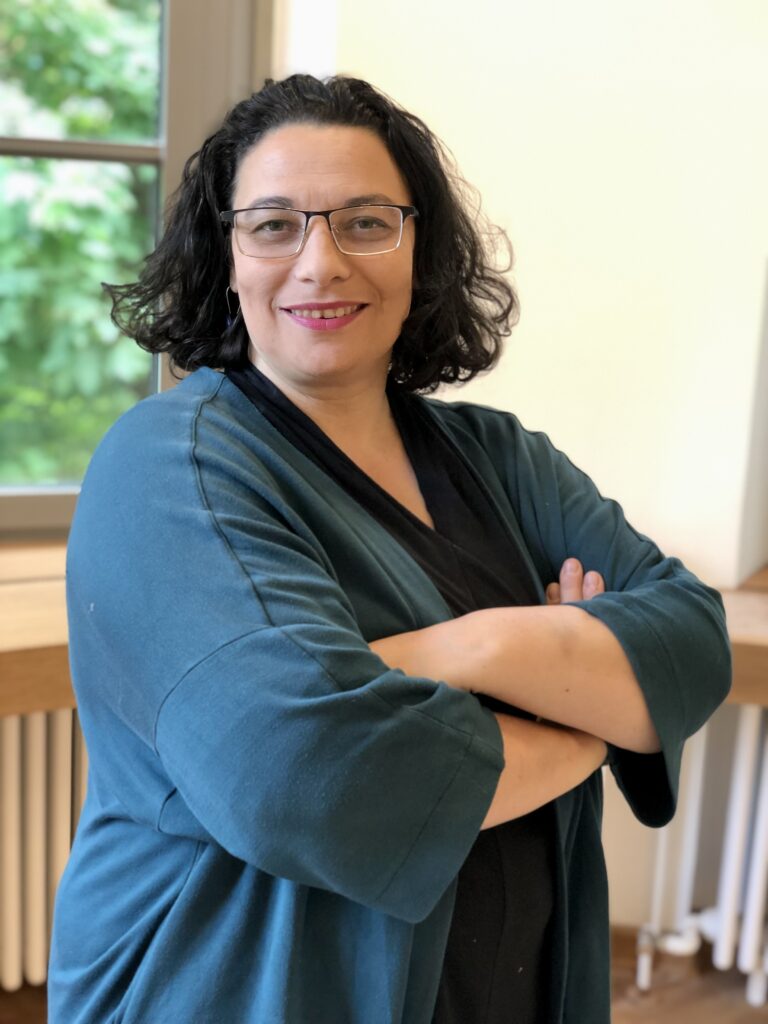
Prof. Dr. Riem Spielhaus
Germany
Work Package Leader Educational Media
Riem Spielhaus is head of the department Knowledge in Transition and Professor of Islamic Studies with a focus on education and cultures of knowledge at Georg-August-Universität Göttingen. Her research fields are, among others, the representation of Islam in textbooks and the production of knowledge about Muslims in Europe.
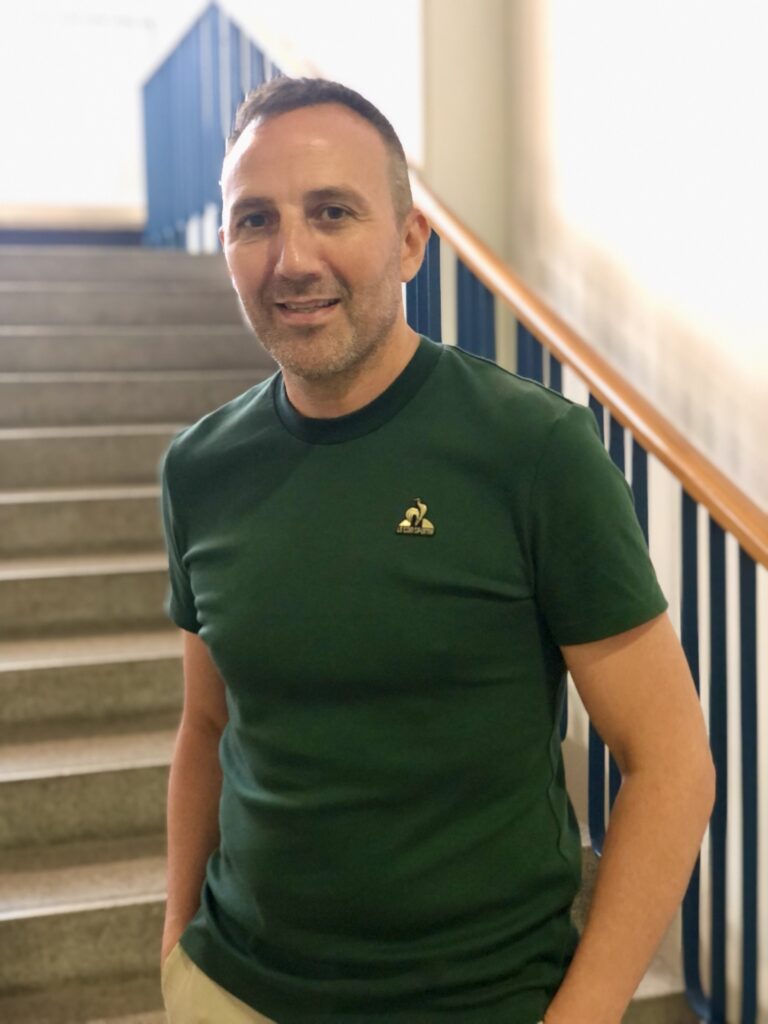
Dr. Jesús Granados Sanchez
Spain
Details will follow shortly
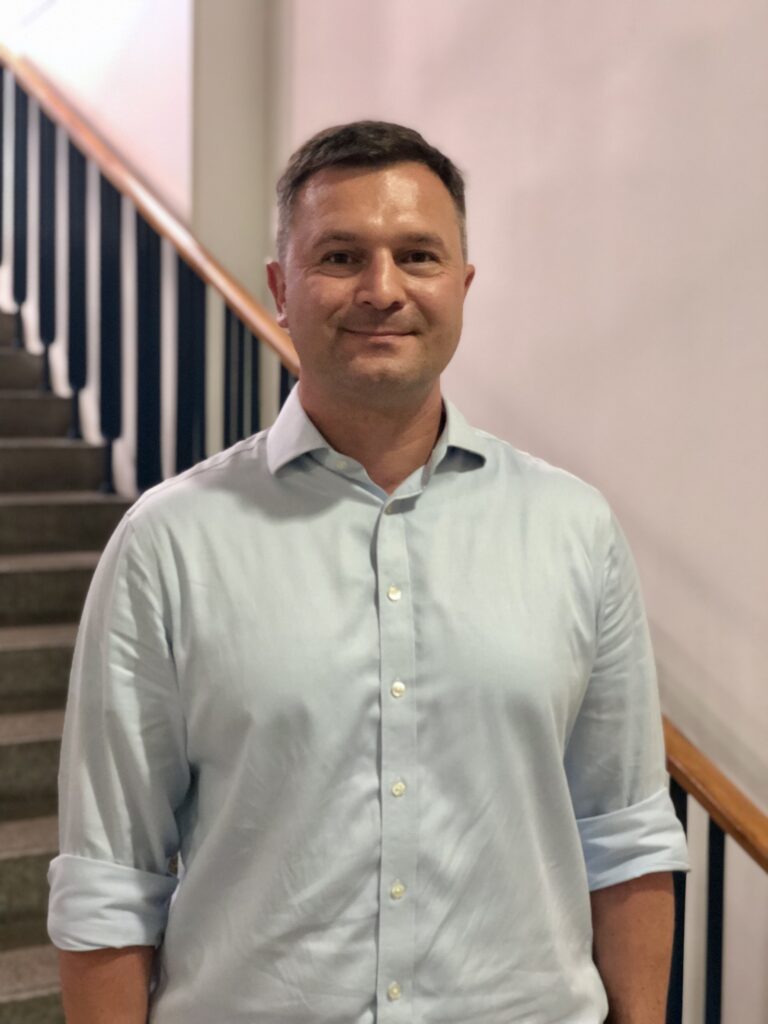
Dr. Petr. Knecht
Czech Republic
Petr Knecht works as a geography educationist at the Faculty of Education at Masaryk University. In the past, he has been involved in research and teaching in the fields of pedagogy, but currently, he focuses more on geography and various ways of recontextualisation of geography in teacher training and in education. He teaches geography part-time at a lower secondary school. He enjoys teaching at both the higher education and secondary school levels. He likes to read and write, think, innovate, and try new things.
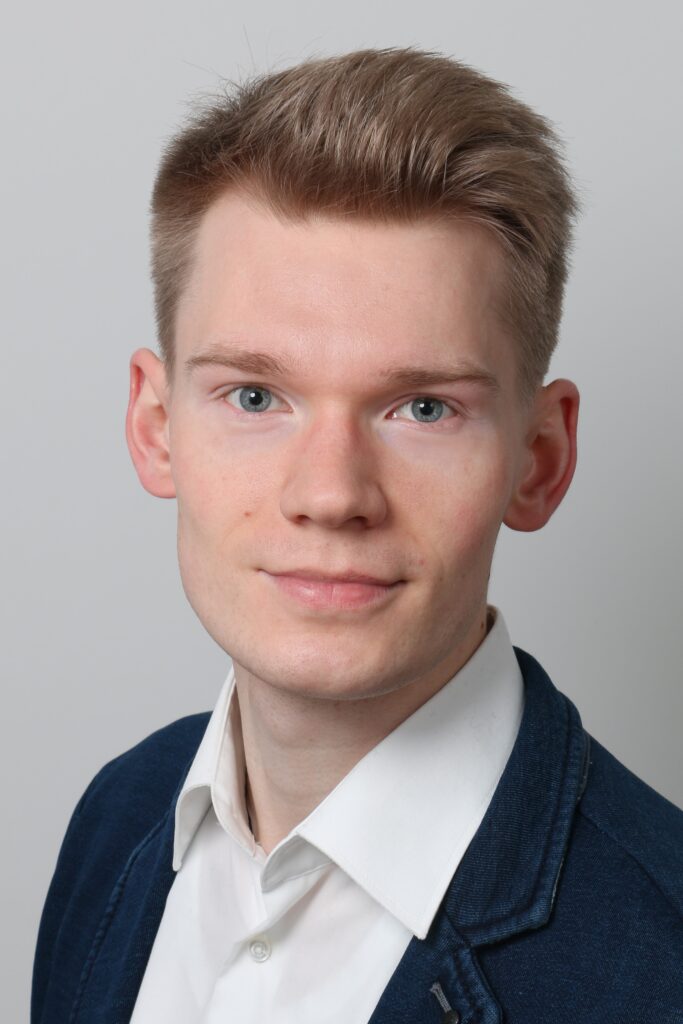
Simon Küth
Germany
Simon Küth has a background in psychology and currently works at Siegen University in educational science. He teaches in secondary schools‘ teacher programs on pedagogical diagnostics and challenges of queer youth at schools, which is also one of his research interests. Besides, his research is focused on lesson planning abilities and competencies of pre-service teachers from a universal perspective. In COMPOUNDS, in the work package Teaching and Learning, he together with Daniel Scholl looks into what different conceptual understandings and implementations of interdisciplinarity in compound subjects demand of teachers and their competencies. He is grateful for the opportunity to work in the international context provided by the unique project that is COMPOUNDS.
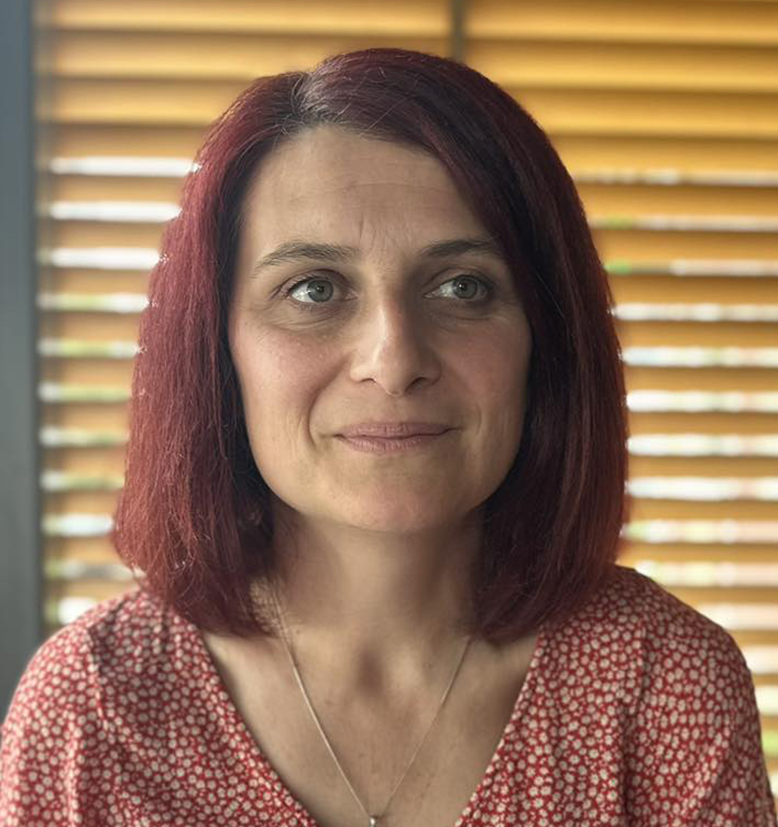
Dr. Josipa Selthofer
Croatia
Josipa Selthofer is an Assistant Professor at the Department of Information Sciences at the Faculty of Humanities and Social Sciences in Osijek, Croatia (since 2009). Before that, she worked in several Book, Magazine, and Newspaper Publishing companies as a graphic designer. She holds a PhD in Information Sciences (Publishing) and a Master’s degree in Graphic Design and Technology. Her research areas are the theory and history of graphic design, publishing and printing; and visual communication of graphic elements in print and digital products.
In Compounds she is involved as a Work Package Publishing Studies member and contributes to the research into the related problems.
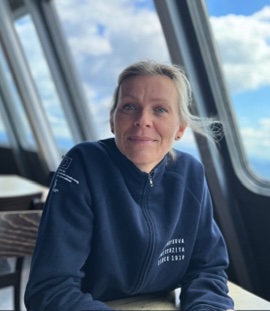
Dr. Míša Spurná
Czech Republic
Michaela Spurná is a curriculum developer for the Ministry of Education, Youth and Sports at the National Pedagogical Institute of the Czech Republic, where she is the guarantor for key competencies, literacy, and educational innovations. Concurrently, she is an Assistant Professor at the Department of Geography, Faculty of Education, Masaryk University, where she focuses on teaching future geography teachers.
Her contribution to Compounds is merging interdisciplinary approaches within geographical education and key competencies. Additionally, she brings her conceptual knowledge and understanding of the national curriculum.


